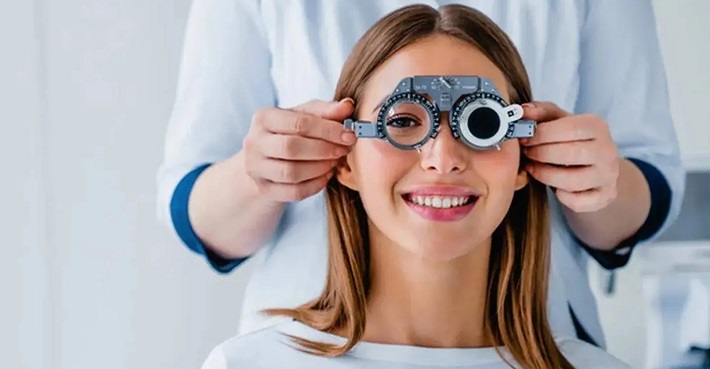Good eyesight is essential for experiencing the world around us. With our eyes constantly exposed to screens, pollutants, and aging factors, taking steps to maintain and improve eye health is more crucial than ever. This article explores practical ways to protect your vision and enhance your overall eye health.
Understanding Eye Health
Your eyes are complex organs that require care and attention. Eye health involves various aspects, ranging from the sharpness of vision to the health of optical structures like the retina, lens, and cornea. Maintaining good vision isn’t just about seeing clearly—it also helps prevent long-term conditions that can limit your daily activities.
Reasons to Prioritize Eye Care
Many people think about eye health only when a problem arises. However, there are compelling reasons to proactively care for your eyes:
- Prevent vision loss: Numerous eye conditions, such as cataracts, macular degeneration, or glaucoma, can lead to partial or total blindness if left untreated.
- Boost daily performance: Better vision improves productivity, learning, and quality of life.
- Limit digital strain: Eye health matters in an increasingly screen-heavy world to reduce fatigue and discomfort caused by prolonged digital use.
Everyday Practices for Protecting Your Vision
Maintaining your eye health requires a combination of healthy habits. Here’s how you can protect your vision daily:
1. Eat for Eye Health
Nourishment plays a vital role in safeguarding your eyesight. Include foods rich in vitamins A, C, and E, as well as essential fatty acids and zinc. Leafy greens, carrots, berries, and fish like salmon or mackerel can support overall eye health and slow age-related damage.
2. Practice Proper Screen Habits
Whether it’s your computer, phone, or tablet, extended screen time can strain your eyes. Follow the 20-20-20 rule—look at something 20 feet away for at least 20 seconds every 20 minutes. Adjust the brightness of your devices, and ensure you maintain proper posture.
3. Wear Sunglasses
UV rays from the sun can harm your eyes over time, increasing the risk of cataracts and macular degeneration. Always wear sunglasses that offer 100% UV protection, even on cloudy days.
4. Stay Hydrated
Your eyes, like the rest of your body, require proper hydration to function. Drink ample water daily to prevent dryness and irritation.
Advanced Solutions for Eye Care
Sometimes, a healthy lifestyle alone may not be enough to maintain great vision. Thanks to advancements in technology, innovative treatments and surgeries are available to address specific conditions.
Take, for example, laser cataract surgery in Utah. This advanced procedure uses precise laser technology to improve outcomes and restore vision for individuals struggling with cataracts. While this level of intervention isn’t necessary for everyone, it highlights how medical technology has evolved to support optimal eye health.
Recognizing Warning Signs of Eye Problems
Being attentive to changes in your eyesight is another mental layer of eye care. Early recognition and treatment of eye issues can prevent complications and improve outcomes. Watch for symptoms like:
- Blurry vision or difficulty focusing
- Persistent eye strain or headaches
- Increased light sensitivity
- Difficulty adjusting to darkness
If you encounter these symptoms, consult an eye care professional to identify and address the root cause.
Regular Eye Exams Are Key
Consistency in medical evaluation is the foundation of preventive care. Regular eye exams aren’t just for those with glasses or contacts—they’re for everyone. During a routine eye check-up, optometrists and ophthalmologists can detect potential issues even before symptoms appear. Early treatment can make a world of difference in preserving your sight.
For children, eye exams help identify vision problems that might impact learning. For adults, an annual or biennial exam is crucial, especially for detecting age-related conditions like cataracts or glaucoma.
Eye Safety in Your Environment
Protecting your eyes also means being mindful of physical risks in your surroundings. Wear protective eyewear during activities that involve flying debris, chemicals, or intense light. This includes sports, construction work, and hobbies like woodworking.
Even in everyday activities, avoid rubbing your eyes unnecessarily or exposing them to unhygienic conditions. Simple precautions can go a long way in preventing injuries or infections.
Make Eye Health a Priority Today
Your eyes are indispensable. A proactive approach to eye care can help you enjoy clear vision for years to come. From eating nutrient-rich foods to scheduling regular check-ups, there are countless opportunities to take control.
Remember, protecting your eye health doesn’t require drastic steps—small changes in your daily routine can make a big impact. Start today and see the difference—literally.

